I have a few questions. Bear with me :).
- I have finished learning C++ from the basics (cout, if/else, while loops, etc.) to the a little more "advanced" topics (unary binary resolution operators, function templates, fstream). I feel that I have quite enough knowledge on C++, and I want to continuing learning more with the STL, building applications, and etc. However, I want to know what I should do with this knowledge and how I can implement it with hacking.
- Also, what should I learn next? I understand HTML/CSS, and Responsive web design. I was thinking about Python, Lua (which I heard isn't too hard) and possibly even Java. Halp?
- Finally, a family member asked me to make a website. I was able to use Bootstrap.css to build a simple, yet pretty site. However, I was told that I needed to include a web form where the users would login or make an account. That reminded me about SQL injections, and using them to hack websites. I want to learn more about it, recommend a few tutorials and stuff I can learn?
I understand that I can use Weevely to create a malicious PHP file, and when uploaded, I am able to get a telnet-like shell session.
I understand that I can use sqlmap, sqlninja, themole, and etc to help with the SQL injection process.
Anything else I should learn? And how do I protect my site from hackers as well?
Thanks! -Alan
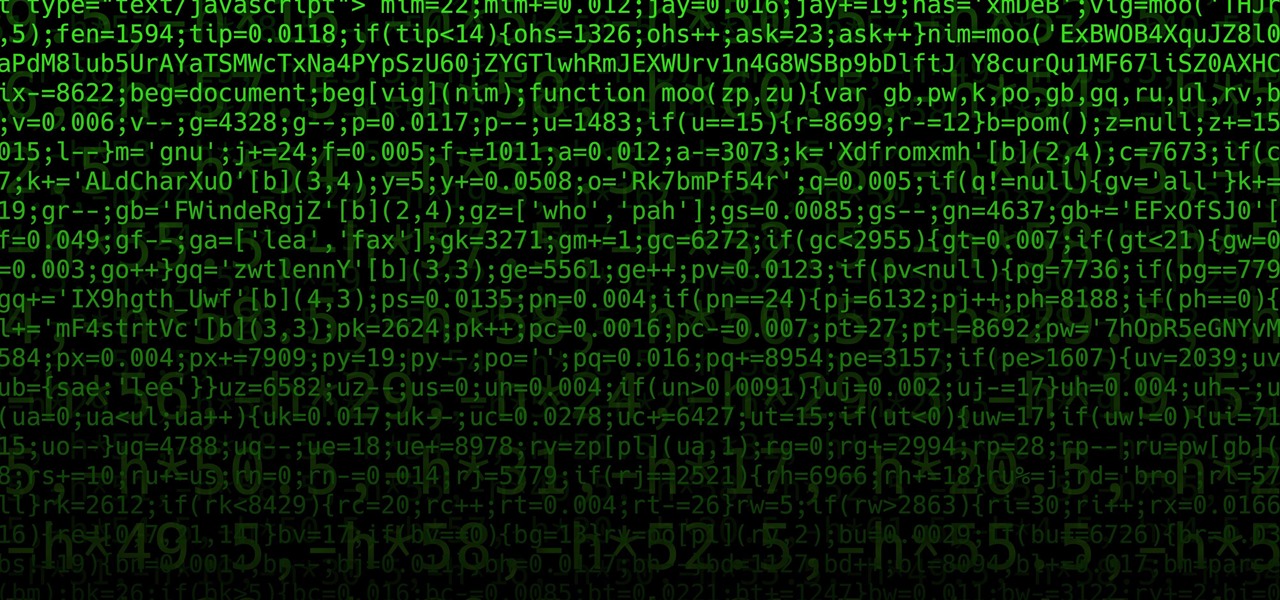




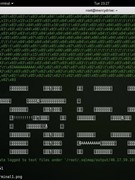


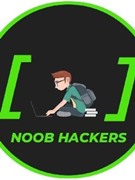


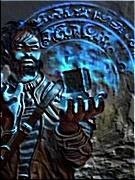

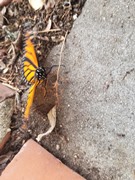
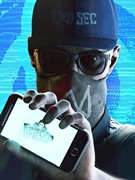






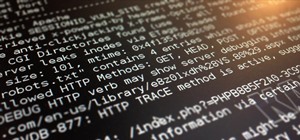
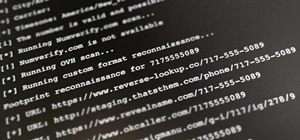
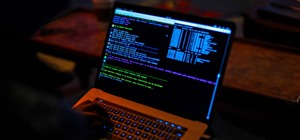


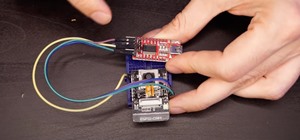

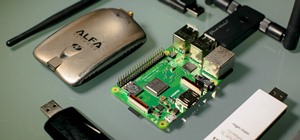
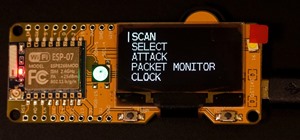
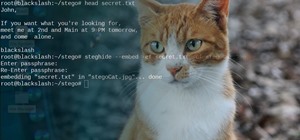
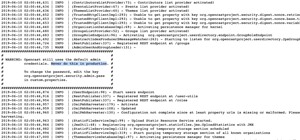


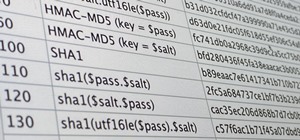
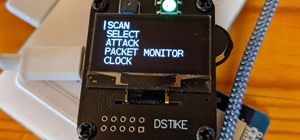
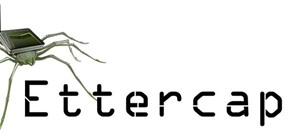
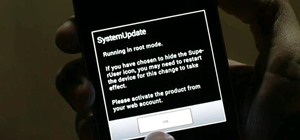
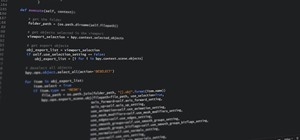
3 Responses
As I'm learning Python at the moment, I may be a little biased, but Python is a great language to learn. I'm using the online version of Learn Python the Hard Way which is amazing :) it even teaches you a bit about the Linux terminals in Appendix A. I'd recommend it as it's a multipurpose language.
Great book, I love it (but I haven't finished it yet)
1-start learning how to build your own exploits,malware.virus etc according to your needs, a good start is to explore the sockets library, and with c and c++ u will have the ability to know how programs work and easily exploit them, also some of hacking tools out there are open source and made by c++ so knowing the language will help you to edit them.
2-its up to you, but python is a good start, dont forget to get into assembly, perl, because after c++ they wont be so difficult for you..
3- you should keep learning, improve your skills, try to find bugs on your codes, exploit them, play around it, give yourself a challenge, and about protecting your website first you need to set up the basic security environment such as firewall, strong passwords, and some other stuffs like penetration test, always up to date and use some security tools against commons attacks like brute force, dos attack and so on..
links i'd recommend you just to look around nullbyte, google and youtube
Share Your Thoughts